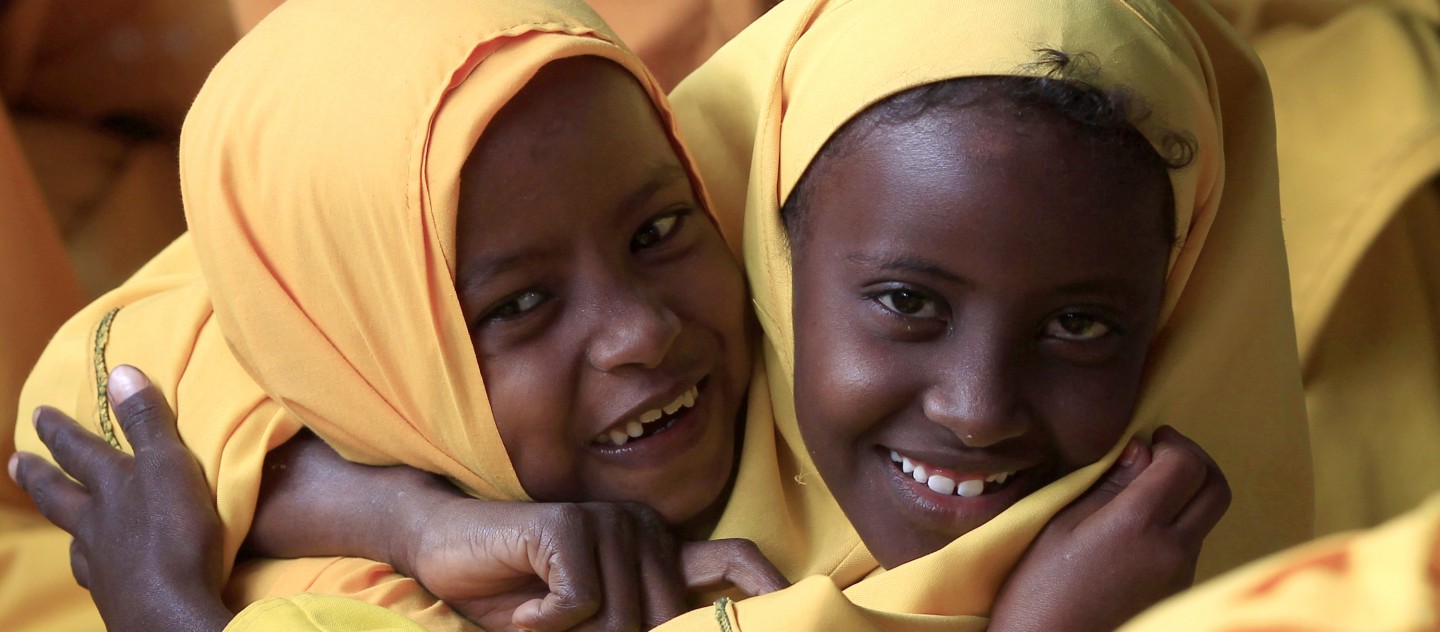The protection delivery unit (PDU) in UNHCR Kenya delivers a whole range of protection services to persons of concern. In particular, the Unit monitors the detention centres (police cells and prisons) – to ascertain whether any asylum-seeker or refugee is detained, to follow-up on detention cases already known and to intervene in case of detention on charges of unlawful presence or for residing outside the refugee camps.
PDU also monitor the external borders of Kenya to make sure that asylum-seekers have effective access to the Kenyan territory and that they are not refouled to their country of origin or to another country where their security and life could be at risk. The principle of ‘non-refoulement’ and the right to seek asylum of each individual facing persecution are the basis of the international protection regime of refugees. As such, UNHCR has to make sure that these fundamental principles are observed by the Kenyan authorities (immigration, police, judiciary, etc.).
PDU also assess the legal and protection needs of individuals who approach UNHCR, as well as those who have been referred by its partners; or cases brought to UNHCR’s attention by any other means. Refugees can face a variety of protection problems in Kenya that would trigger an appropriate response on the part of UNHCR or its partners. When refugees raise security concerns, UNHCR usually liaises with police authorities as it is the responsibility of the Kenyan Government to provide for the security of the refugees. UNHCR does not have its own security apparatus to extend physical safety and ensure law and order.
Women and children, who form almost 80% of the total refugee population, are considered as the most vulnerable persons of concern and are prioritized under UNHCR’s protection assistance programs. Refugee women are particularly vulnerable and a significant number of them are victims of gender based violence (GBV). When such cases are reported, UNHCR will provide a package of services and support to the victim in a timely manner. These services include health care, psycho-social support, legal aid and support for reintegration into the community if needed. The support provided is meant to overcome the immediate effect of the violence inflicted as well as to address the trauma and the stigma associated with such incidents. In addition to the response provided to incidents, UNHCR and its partners implement a prevention strategy to reduce and mitigate the occurrences of such violence.
Unaccompanied minors (children separated from both parents and from anybody who is responsible for them by law or custom) and separated children (separated from both parents but under the case of a responsible adult) are prioritized in UNHCR’s intervention to identify foster care arrangements and to provide for their immediate needs. Regular follow-ups are required to ensure that the services and support provided to children meet their best interests. Whenever possible, family tracing with relatives of unaccompanied minors and separated children is initiated and family reunification is facilitated in case of positive results.
When needed, refugees are provided with legal aid and legal representation most notably in Court. UNHCR’s main legal aid partners, the Refugee Consortium of Kenya and Kituo Cha Sheria, provide free legal assistance.
Refugees and asylum-seekers can access protection information and available services, through a toll-free-multiple-language Protection Helpline number 1517.
For Protection related concerns [email protected] and/or;
UNHCR Representative: UNHCR Representation in Kenya. P.O. Box. 43801-00100. Tel. +254204232420, Fax: +254204232080.

